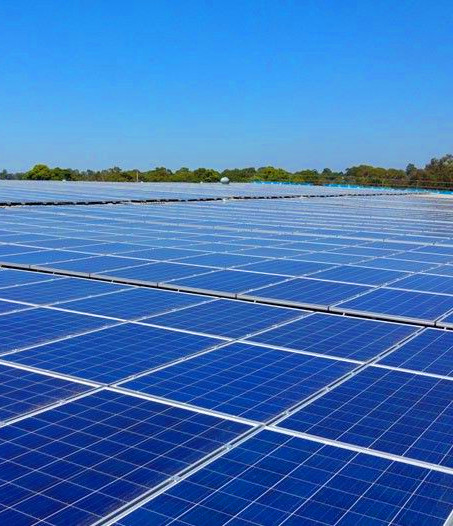NT drops premium deal
 The Northern Territory government is ditching its premium solar panel tariff scheme.
The Northern Territory government is ditching its premium solar panel tariff scheme.
NT Essential Services Minister Eva Lawler acknowledges “there will be people who won't be happy with the decision”, with thousands of ratepayers having less money in their pockets amid rising costs of living.
However, she says “there are tough decisions that have to be made”. Over 20 per cent of Territorians have solar panels on their rooftop.
“There is no ideal time to make any announcement,” Ms Lawler said.
“We've had a couple of years of COVID where things have been very difficult, [causing] financial situations for a lot of people.”
Territorians with solar panels on their rooftops and signed up to Jacana Energy's premium feed-in tariff before April 2020 will no longer receive 26 cents per kilowatt hour for feeding electricity back into the grid.
They will be automatically transferred onto a reduced tariff of nine cents per kilowatt hour once they complete four years on the premium scheme.
Jacana Energy CEO Louisa Kinnear says the changes will affect “around half of the 13,000 customers within the first few months”.
“We understand that this won't necessarily be good news for our customers,” she said.
“However, we do like to remind them that it really does only take about four years to pay off your solar system.”
Ms Kinnear says many customers will have “easily paid off their solar system” by now.
“The intent behind the original one-for-one premium feed-in tariff was really to incentivise the uptake of solar at a time when it was actually quite expensive to do so,” she said.
“Now, solar systems are actually a lot cheaper. The price of solar has dramatically reduced over the last 10 years and so really those incentives are no longer required for the uptake of rooftop solar.”
The NT government's Home and Business Battery scheme will continue in 2022-23, allowing over 400 extra households and businesses to buy a battery with a grant of $450 per kilowatt hour of battery system capacity, up to a maximum grant of $6,000.
The government says more than 1,330 households and businesses have applied for the scheme.







 Print
Print